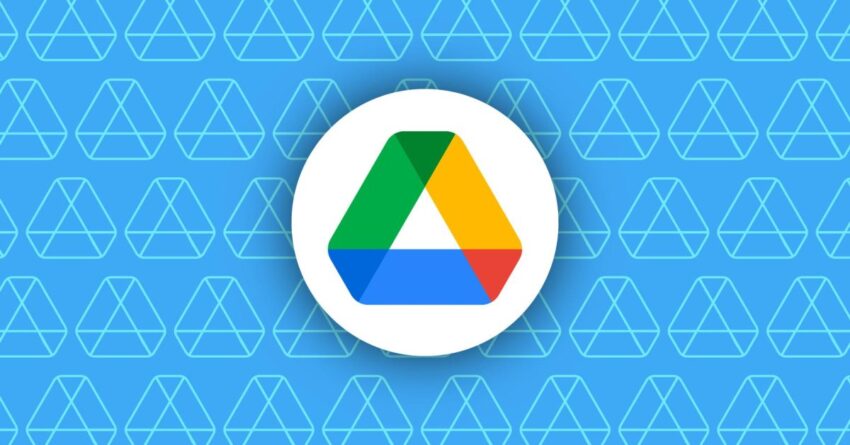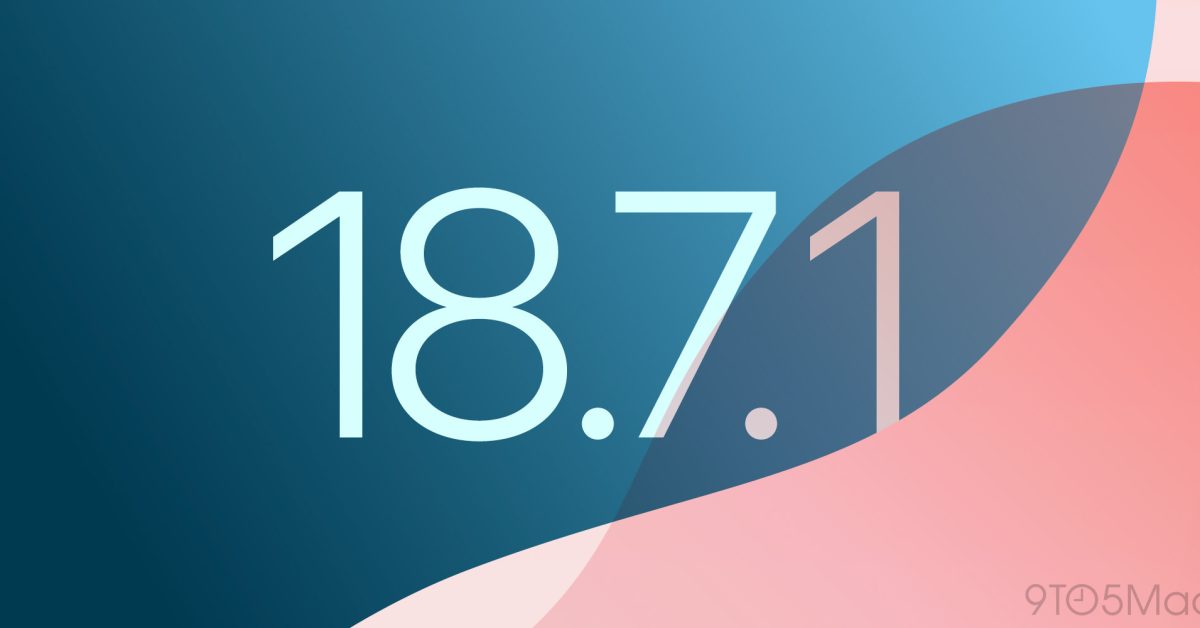
gemini rolling out to google drive for Google has announced the rollout of its Gemini AI to Google Drive for both Android and iOS platforms, enhancing user interaction with their files and folders.
gemini rolling out to google drive for
Overview of Gemini’s Integration
Gemini, Google’s advanced AI system, has already made significant inroads into other Google applications such as Gmail and Google Docs. With its latest integration into Google Drive, users can now engage with their stored files in a more conversational manner. This feature allows users to ask questions about their documents, spreadsheets, and presentations, receiving immediate, context-aware responses.
Features of Gemini in Google Drive
The introduction of Gemini to Google Drive is set to revolutionize how users interact with their stored data. Here are some of the key features:
- Conversational Queries: Users can ask Gemini specific questions about the contents of their files. For instance, a user might inquire about the latest updates in a shared document or seek clarification on data presented in a spreadsheet.
- Contextual Understanding: Gemini’s ability to understand context means it can provide tailored responses based on the user’s previous interactions and the specific content of the files.
- File Management Assistance: Beyond just answering questions, Gemini can assist in organizing files, suggesting tags, and even helping to locate documents based on user-defined criteria.
Implications for Users
The integration of Gemini into Google Drive is expected to significantly enhance productivity for users. By allowing for a more intuitive interaction with files, users can save time and reduce the cognitive load associated with searching for information. The conversational nature of the queries means that users can interact with their files as if they were conversing with a knowledgeable assistant.
Potential Benefits
Several potential benefits arise from this integration:
- Increased Efficiency: Users can quickly obtain information without having to sift through multiple documents or spreadsheets. This could be particularly beneficial in professional settings where time is of the essence.
- Enhanced Collaboration: In team environments, Gemini can facilitate better communication by providing instant answers to questions about shared files, thus reducing misunderstandings and improving workflow.
- Learning and Adaptation: As users interact more with Gemini, the AI can learn their preferences and habits, further personalizing the experience and making it even more efficient over time.
Stakeholder Reactions
The rollout of Gemini in Google Drive has garnered a variety of reactions from stakeholders, including users, industry experts, and competitors.
User Feedback
Initial feedback from users has been largely positive, with many expressing excitement about the potential for increased productivity. Users have noted that the ability to ask questions in natural language makes the experience more user-friendly, especially for those who may not be as tech-savvy.
Industry Experts’ Perspectives
Industry experts have also weighed in on the significance of this development. Many believe that the integration of AI into everyday tools like Google Drive represents a pivotal shift in how technology can enhance productivity. Experts suggest that as AI continues to evolve, we may see even more sophisticated features that could transform not just file management but the entire landscape of digital workspaces.
Competitive Landscape
Competitors in the cloud storage and productivity space are likely to take note of Google’s advancements with Gemini. Companies such as Microsoft, which has integrated AI features into its Office suite, may feel pressure to enhance their offerings to remain competitive. The introduction of Gemini could lead to a new wave of innovation as companies strive to incorporate AI into their own platforms.
Technical Considerations
The successful integration of Gemini into Google Drive involves several technical considerations. Google has invested heavily in machine learning and natural language processing technologies, which are crucial for enabling Gemini to understand and respond to user queries effectively.
Machine Learning and Natural Language Processing
Machine learning algorithms allow Gemini to analyze vast amounts of data and identify patterns, while natural language processing enables it to interpret and respond to user inquiries in a conversational manner. This combination is what makes Gemini capable of delivering accurate and contextually relevant responses.
Data Privacy and Security
With the introduction of AI features, data privacy and security become paramount concerns. Google has emphasized its commitment to user privacy, stating that all interactions with Gemini will adhere to strict data protection protocols. Users can expect that their queries and the data within their files will be handled securely, ensuring that sensitive information remains protected.
Future Developments
As Google continues to roll out Gemini across its suite of applications, the company is likely to explore additional features and enhancements. Future developments may include:
- Integration with Other Google Services: Expanding Gemini’s capabilities to work seamlessly with other Google services, such as Google Calendar and Google Meet, could further enhance productivity.
- Advanced Analytics: Incorporating analytics features that allow users to gain insights from their data could be a valuable addition, particularly for business users.
- Customization Options: Allowing users to customize their interactions with Gemini, such as setting preferences for types of responses or the level of detail provided, could improve user satisfaction.
Conclusion
The rollout of Gemini to Google Drive marks a significant advancement in how users can interact with their files. By enabling conversational queries and providing context-aware responses, Gemini is set to enhance productivity and streamline workflows for individuals and teams alike. As Google continues to innovate, the implications of this integration may extend beyond file management, potentially reshaping the future of digital workspaces.
Source: Original report
Was this helpful?
Last Modified: September 30, 2025 at 3:52 am
0 views















